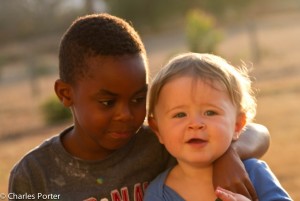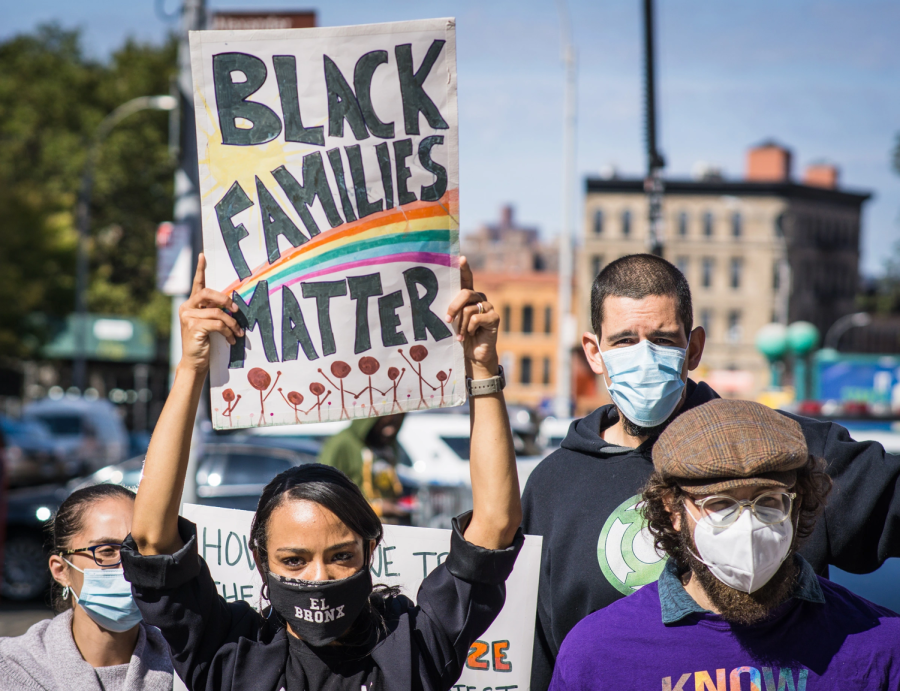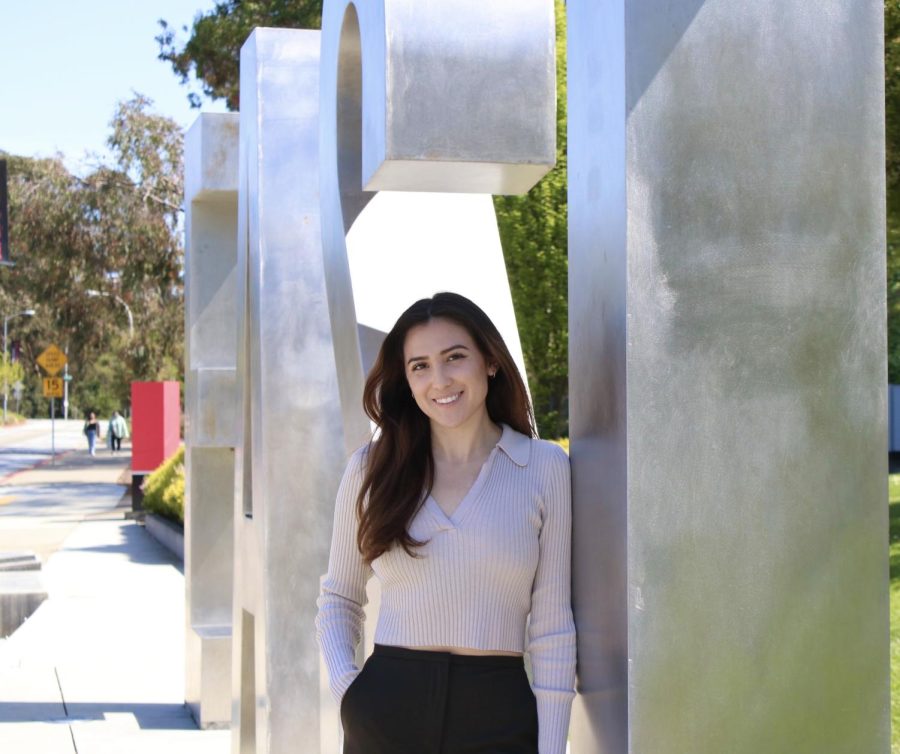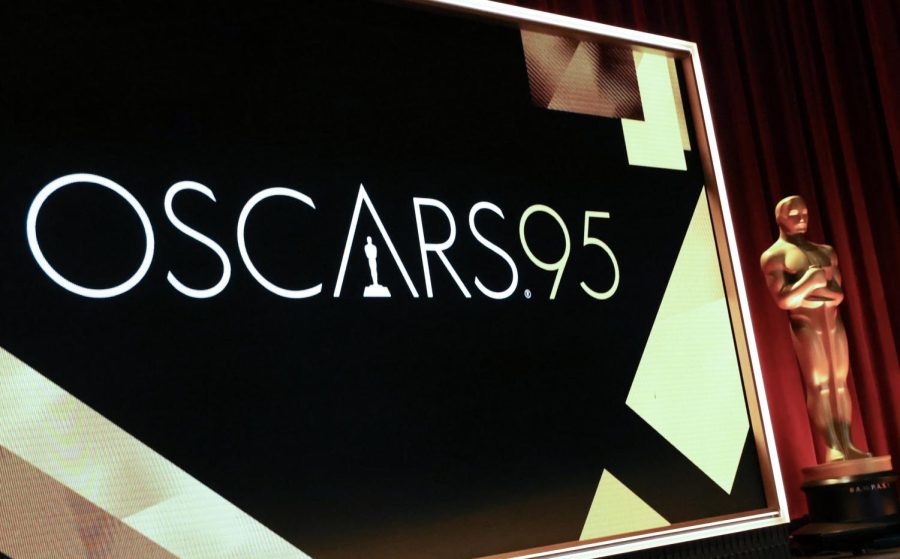
“What’s your race?” That is a question I get asked a lot by people whenever I meet someone new. In many cases, that question appears as one of the first ten questions directed at me.
My racial background has never been anything I constantly think about and whenever someone brings it up, it catches me off-guard every time.
I guess it’s somewhat understandable why people would ask that. I don’t look like any certain race, so in a way it’s no wonder people become curious. (For those of you who don’t know, I’m Eurasian-American, having family hail from the Philippines, Germany, Ireland and Portugal.)
However, what I don’t like is when people take my answer and turn it into stereotypes to label me. While I’ve received several in the past, the most impacting one would have to be the time when someone went to the extreme and called me a neo-Nazi.
What I also can’t tolerate is when people generalize what my race is based on my appearance. A lot of people assume I’m one thing; they never think of whether or not I’m of mixed race.
In the past, I’ve been mistaken for Hispanic, Native American, Middle Eastern, Chinese and when I was really little, Japanese. In fact, someone even called me a “white-washed Indian girl” via YouTube one time. Throughout my lifetime, only three people have correctly guessed that I am of Filipino descent.
If anything, my experience is similar to that of President Barack Obama. While he was born to a Kenyan father and a white American mother, before, during and even after his 2008 campaign, Obama was often classified as African-American—perhaps as a remnant of the once-believed “one drop rule.”
As much as the government would like to convince us, we are not a color-blind society. While we are better off than we were fifty years ago, the issue of race still exists even today.
Even here in the Bay Area, one of the most diverse areas in the country is not exempt from this reality. Going out in public, one cannot help but hear people refer to others with terminology such as “that Mexican,” “that Asian” and other examples of a similar kind.
How are we to become better at being a country of all walks of life if we still look to the color of one’s skin? To make progress, diminishing the views based on race is a good place to start.
This is best emphasized in Diary 47 in “The Freedom Writers Diary.” In 1996, when then 15-year-old Bosnian diarist Zlata Filipovic was speaking at an event about what it’s like growing up during the Bosnian War, a lot of people from the audience kept on asking her what her race was, despite nodding their heads to her message about how labels shouldn’t matter. The anonymous Freedom Writer recalls being moved by Filipovic’s answer as she simply replied, “I’m a human being.”
That’s not to say that labels are all bad. In some cases, they may even be helpful.
While not all people like to fill out forms asking for racial background, sometimes it’s helpful information in regards to collecting social and economic statistics, therefore making it beneficial for the government to see which groups are in need of their services the most.
Despite this, the relevancy of how labels are used matter and if used inappropriately could cause offense to one or more individuals.
When The New York Times published a profile article on the new chief of NBC Universal Stephen Burke last January, the article had originally stated that he was an Irish Catholic who went on an Israeli kibbutz (an agricultural-based community) and later chose to attend Harvard Business School upon being accepted to Harvard Divinity School.
However, as stated in the Feb. 12 article “Race, Religion and Other Perilous Ground,” Editor Bruce Headlam edited out the part mentioning the kibbutz but not the detail regarding Burke’s Irish Catholic heritage.
With that detail baring little relevance to the article, it then proceeded to make it seem unusual for an individual of Burke’s background to get into a divinity school, attend a business school or run a major television network.
As far as the outlook of the future goes, it is wise to consider dropping racial labels. While it can continue to be a helpful asset it statistical study, that shouldn’t replace our point of view for seeing people as Filipovic sees people: as human beings.










